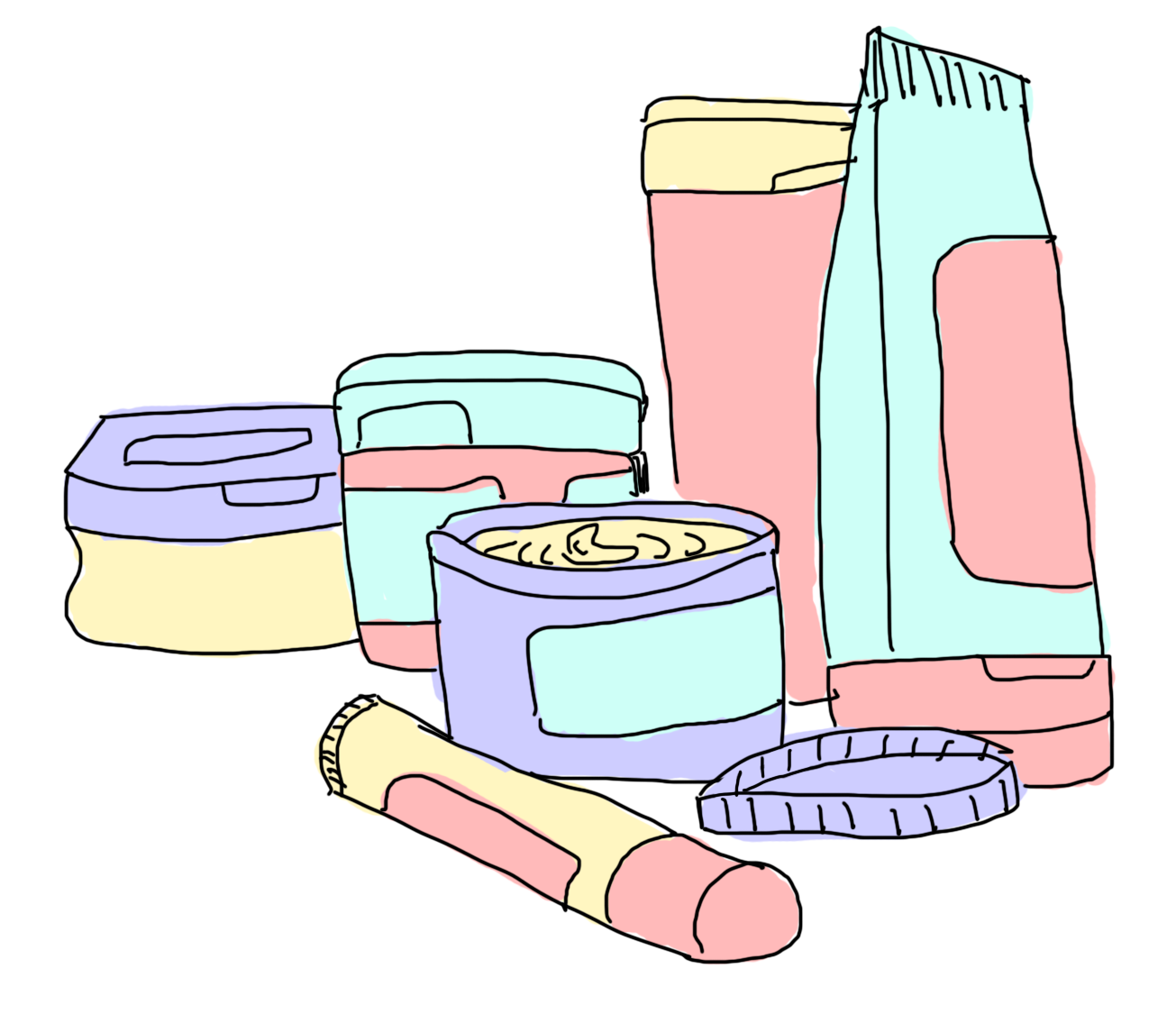Some popular DIY face masks are actually doing more harm than good
Lemon juice treatments, baking soda masks, sugar scrubs—type “DIY acne treatment” into Google, and you are likely to find a slew of articles that praise these treatments and other common household items for their alleged pimple-fighting benefits.
But are these trending DIY ingredients truly effective in treating pesky skin ailments? The kind of skin-care advice found in many women’s magazines, as well as in online beauty and health articles, may actually be ruining your skin.
Let’s begin with the widely-acclaimed beauty blog miracle ingredient: lemon. A health.com article titled “15 Home Remedies to Make a Pimple Vanish,” advises readers to “wipe lemon juice across your pimples with a cotton ball, and leave it on overnight.”
This common skin care treatment overlooks an important aspect of our skin’s chemical makeup: its acid mantle. The acid mantle is the skin’s barrier to bacteria, viruses and other potential contaminants—it is measured by pH. Through their research for Wake Forest University’s department of dermatology in North Carolina, Dr. Saba Ali and Dr. Gil Yosipovitch stressed the importance of the skin’s acid mantle.
Ali and Yosipovitch expressed in their research paper some concern over the disregard to acid mantle. They argued that skin’s acid mantle is vital, and that “recognizing factors that alter skin pH and selecting products that preserve the acid mantle is of prime importance” in treating skin.
Exogenous factors, like products that are too acidic (low pH) or too alkaline (high pH), cause damage to the skin’s barrier and lead to “compromised skin,” according to a research paper by American dermatologist, James Del Rosso.
Lemon juice has a pH level of two, while human skin is roughly 5.5. Therefore, Del Rosso explained, this difference in pH levels means using lemon juice on your face can lead to loss of skin elasticity, increased skin rigidity and acne.
According to a 2014 research paper by endocrinologist Dr. Stacey E Anderson and dermatologist Dr. Barbara Jean Meade, having compromised skin can make you more at risk to toxic chemicals that irritate and further damage the skin. This is because, if the skin’s pH is compromised, chemicals can get through the outer layer of the skin, and inside the body.
Another popular ingredient seen in amateur skin care articles is baking soda. According to Doctor Oz’s website, “you don’t need harsh chemicals to fight acne. Try a mixture of baking soda and honey to help clear skin.”
Baking soda is an alkaline, with a pH of nine. Whether alkaline or acidic, Anderson and Meade’s research found that the pH of daily skin care products is very important to protect the skin barrier. Baking soda’s pH is, therefore, just too high for skin to handle.
However, some household items are proven to be good remedies. The aforementioned skin-clearing mixture of honey and baking soda, while best to be avoided, includes honey. In a research publication for the Iranian Journal of Basic Medical Sciences, dermatologists Tahereh Eteraf-Oskouei and Moslem Najafi explored honey’s benefits. They argued that topical application of honey has healing effects for superficial skin burns and operation wounds, making honey a safe ingredient in DIY skin care treatments. Honey’s average pH is 3.9, but can range anywhere from 3.4 to 6.1.
While some websites may provide acne-sufferers faulty skin care advice, online communities exist to counteract the wave of careless information. Forums on Reddit, for example, pride themselves on circulating facts about skin care discovered in scientific journals.
Graphic by Thom Bell
